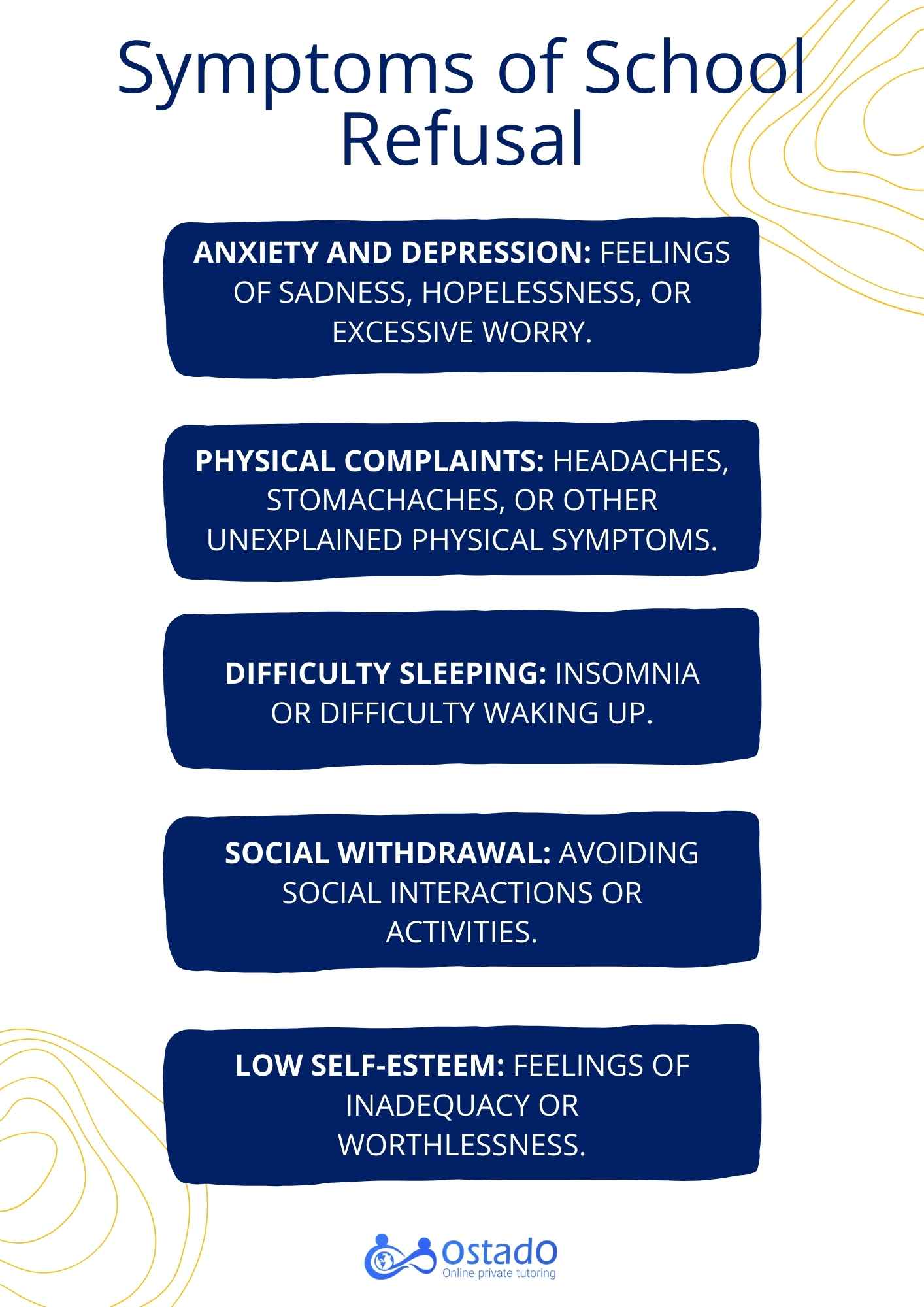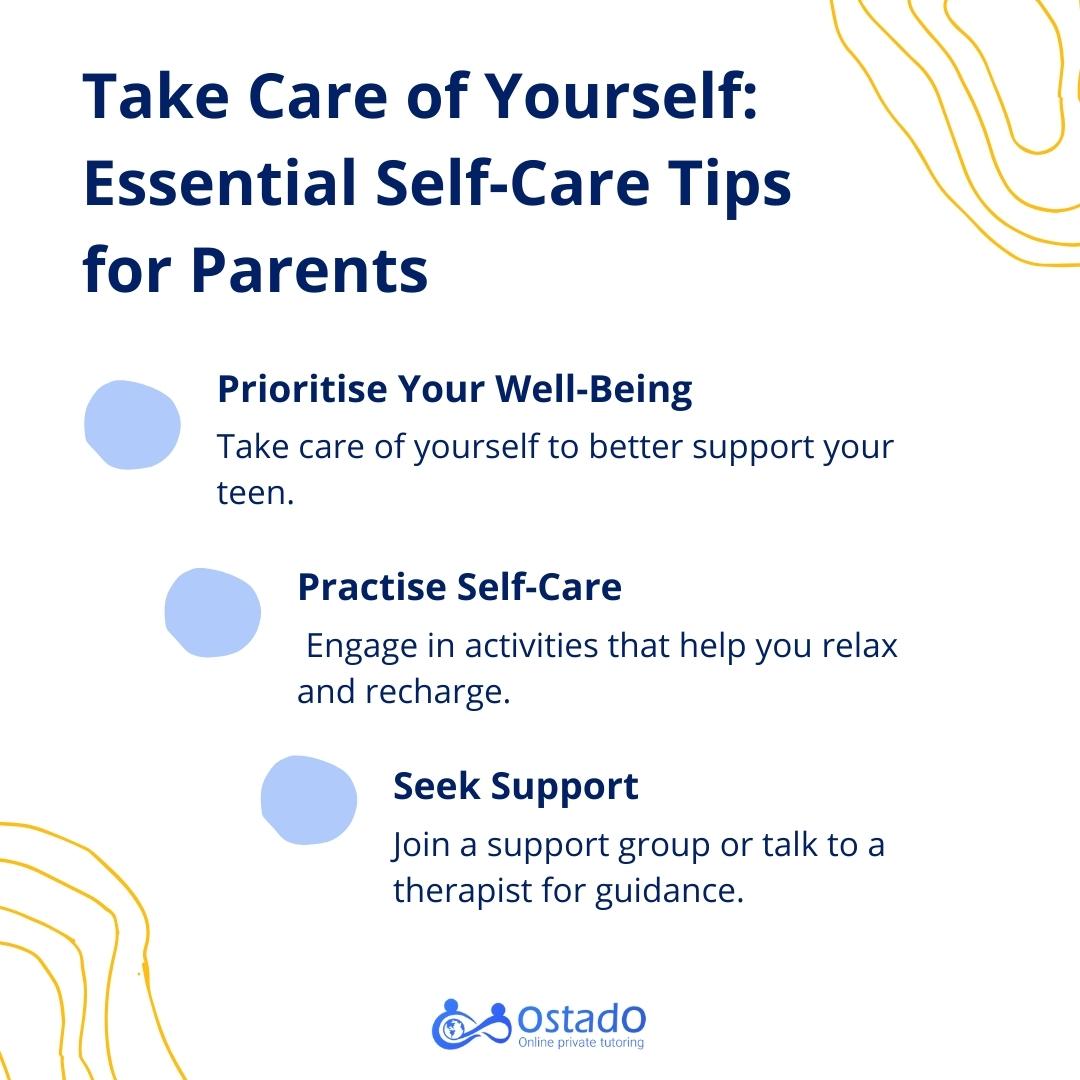It’s common for teenagers to avoid school once in a while. But watching your child refuse school doesn’t make it more bearable. As a parent, you have every right to be worried. After all, it’s your child’s academic future and social life.
Teenage children refuse to go to school. Is there something deeper going on? Many parents share your concerns.
The good news is that you can help your child overcome school anxiety and feel comfortable to attend school again. Let’s explore practical steps:
Definition and Prevalence of Teen’s School Refusal
Teenage or middle school students might feel like skipping school sometimes. As long as the situation is not prolonged, you don’t have to worry about school refusal. Truancy is common among teenagers, which means deliberately skipping school.
If the condition is prolonged and your child refuses to go to school for shorter periods, they might face school refusal. Generally, school refusal has environmental, emotional, or mental roots.
School phobia or school refusal is not about laziness or your child being stubborn. It’s a complex issue that can have multiple causes. Depression, anxiety, stress, or struggling with academic performance are common examples.
When dealing with a teenager refusing to go to school, the important step is to recognise the symptoms and identify the causes.
Symptoms of School Refusal In Teenagers
Identifying the symptoms of school refusal is an important step. The earliest you find out, the better you can help your child cope. Below are the most common symptoms. A teenager can suffer from more than one of the symptoms below.
- Anxiety.
- Depression.
- Difficulty sleeping and waking up.
- Physical discomforts.
- Appetite change.
- Low self-efficacy.
- Emotional outburst.
- Social anxiety and withdrawal.
- Excessive fatigue.
A teenager with school refusal can suffer from more than one of the conditions above.

What Can Cause School Refusal In Teenagers?
School refusal can have more than one cause. Timely identification and intervention help your child cope with the issue. Both mental health disorders and external causes can lead to school refusal.
Let’s take a look at the most common causes:
Anxiety and Depression
According to a 2020 study, there’s a strong connection between school refusal and social anxiety. Depression and anxiety can make attending school overwhelming for your child.
Anxiety can also lead to a loss of focus on academic performance. Which ultimately leads to school refusal.
How can you help? First, create a safe environment for your child. The steps below are helpful:
- Be an active listener.
- Encourage them to speak with you.
- Avoid being judgmental.
- Validate their feelings.
- Show your unconditional love and protection.
Physical activity can also help teens with depression and anxiety. Don’t force anything, though. Encourage them to pursue their interests. What are your child’s interests? Help them discover their passion and build healthy habits.
Bullying
Many students avoid school due to the fear of being bullied. The physical and emotional damage aside, being bullied can lead to lower self-esteem in children.
Open communication about your child’s feelings is always helpful. Inform the school’s officials and ask for help from the teacher and SENCO.
Family Stress
A stressful family environment can lead to school refusal. Financial difficulties, conflict, loss of a family member or illness have complex impacts on teenagers.
Don’t put excessive pressure on your teenager. Create a stable environment and focus on their emotional wellbeing. When it comes to attending school and behaviour, encourage the effort and small steps.
Academic Stress
With all the physical changes and social pressure, being a teenager is challenging by nature. Academic stress only adds to the mix.
No need to worry, though. We have just the solution for you: personalised attention and lesson plans.
At Ostado, we help students all around the UK overcome the challenges of school. Whether your child needs exam preparation, learning complex subjects, or a boost of confidence, we are here for you.
With the help of our online tutors and expert supporters, your child will learn the knowledge and skills and be ready to go back to school.
Strategies for Encouraging School Attendance
Many parents wonder about how to force a teenager to go to school. The short answer is, Don’t! Enforcing school attendance without addressing the underlying issue is not a good idea.
Identify the reasons behind your child’s school avoidance and help them cope. Establish a routine and encourage small steps.
A consistent and balanced routine promotes a sense of predictability, which is excellent for relieving anxiety. It’s also a great strategy if you’re wondering about how to build confidence in children.
Stay in Touch with the School Staff
Set up a meeting with relevant school staff to discuss your child’s situation. Be prepared to talk about the challenges your child is facing and to collaborate on a support plan.
Explore your options with the school. Most schools create individualised support plans. Individual Education Plan (IEP) or Pastoral Support Plan (PSP) are good examples.
These plans can help your child overcome emotional and learning challenges.
Seek Help from a Mental Health Professional
In case your teen’s school anxiety worsens despite your efforts, ask for professional help. There might be underlying issues needing further exploration.
GP (General Practitioner) is often the first point of contact for mental health concerns. They can assess your child’s mental health. If needed, they should make references to specialised services such as Child and Adolescent Mental Health Services (CAMHS).
You can also check Children with Special Educational Needs and Disabilities (SEND) for more information and support.
Self-Care for Parents

Dealing with school refusal is stressful. You might get frustrated and overworry. Remember that you can better take care of your child when you are well.
Prioritise your health and self-care. Find the simple activities that energise you and help you concentrate on your daily tasks. Some examples are nature walks, yoga, or talking to friends. This way, you can manage your stress.
Legal Considerations
According to Child Law Advice, school attendance is a legal requirement for all school-aged children in the UK. If your teen is persistently absent, there can be severe consequences for both them and you as a parent. While specific rules may vary depending on your local authority, repeated absences can lead to fines or other legal actions.
Familiarise yourself with your school’s policies on attendance and the procedures your local authority follows.
Teenage school refusal FAQ
- Is there a link between OCD and teen school refusal?Obsessive-compulsive behaviours can make school attendance challenging for students. Anxiety, which is common among people with OCD, can also lead to school avoidance.
- Can I call the police if my child refuses to go to school in the UK?Calling the police is not appropriate if your child refuses to go to school. Contact the school and try to come up with a supportive plan. Remember, first, you need to identify the causes of school refusal.
- What is the best intervention for school refusal?The best school refusal intervention often involves a combination of approaches tailored to the child's needs. This may include working closely with the school to create a support plan, seeking mental health support, and gradually reintroducing the child to school in a supportive way.

